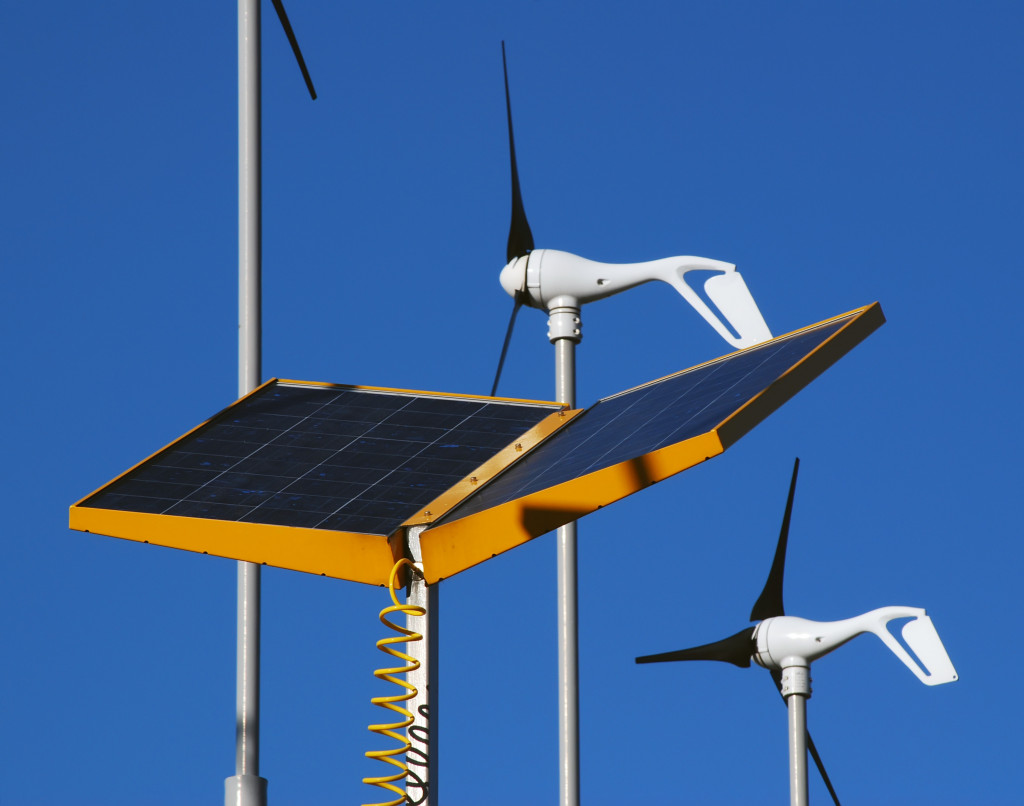- Take good care of tools and equipment with regular maintenance, proper storage, and preventative services.
- Invest in energy-efficient equipment and appliances to reduce energy consumption and electricity costs.
- Consider using renewable energy sources such as solar or wind power to generate electricity.
- Compare prices and buy supplies in bulk to take advantage of discounts and special offers.
Running a successful farm business is not just about increasing production and sales but also about keeping costs low. By implementing practical money-saving tips, you can improve your bottom line and make your farm business more sustainable. Here are some tips to help you save money and boost your profits:
Caring for Your Tools and Equipment
One of the best ways to save money on your farm is by taking good care of your tools and equipment. Well-maintained tools and equipment last longer, perform better, and are less likely to break down, saving you money on repairs and replacement costs.
Scheduled Maintenance
Agriculture equipment repair is often costly and time consuming, so being proactive about maintenance is essential. Doing so will help keep your tools and equipment in good working order while ensuring you maximize your investment.
To start, create a maintenance schedule for each piece of equipment and stick to it. Schedule regular oil changes, filter replacements, and inspections to ensure your equipment runs at its best. You can also consider investing in preventative maintenance services offered by your local dealership. This way, you can be sure any minor problems are addressed quickly and efficiently.
Proper Storage
Proper storage is also essential for keeping your tools and equipment in good condition. Store your equipment in a clean, dry place and protect it from the elements. Keep your devices organized and clean to prevent damage and make them easier to find when you need them.
Invest in equipment covers or other protective materials to ensure your tools and equipment stay safe and secure. Especially if you keep your tools and equipment outside, covers ensure they stay safe from the elements and last longer.
Reducing Energy Costs
Energy costs can be a significant expense for farm businesses, but there are several ways to reduce energy usage and save money on utility bills. Below are some tips for reducing electricity costs on your farm:
Use Energy-Efficient Equipment
Invest in energy-efficient equipment and appliances for your farm, such as LED lighting, high-efficiency pumps, and low-energy cooling systems. These items work with less energy but can still provide the same results, reducing your energy consumption and costs. It may cost more upfront, but it will save you money in the long run by reducing your energy usage.

Use Renewable Energy Sources
Consider using renewable energy sources, such as solar or wind power, to generate electricity for your farm. These systems can be expensive to install, but they will save you money on utility bills in the long run and may qualify you for tax credits or other incentives. With the right setup, you can generate enough energy to power your farm.
Buying Supplies in Bulk
Buying supplies in bulk is another effective way to save money on your farm business. Purchasing large quantities of seed, fertilizer, and other supplies is often cheaper than buying smaller amounts. So, practicing buying and negotiating practices is a great way to save money on your farm business.
Compare Prices
Before purchasing supplies in bulk, compare prices from different suppliers to ensure you get the best deal. Look for discounts or special offers that may be available for larger orders. Especially if you’re a consistent customer, suppliers may be willing to offer discounts or other benefits.
However, know your limits when negotiating and stocking up on supplies. You might be tempted to buy more than you need in the hopes of getting a better deal, but this often backfires. Too much inventory can lead to spoilage, waste, and extra storage costs.

Invest in Inventory Storage
Inventory storage is also crucial for maintaining the quality of your bulk supplies. Store your supplies in a dry, cool, and well-ventilated area to prevent spoilage or damage. If you don’t have enough space on-site, consider renting a storage unit or finding another safe and secure place to store your inventory. Doing so will ensure your supplies stay fresh and in good condition.
Implementing these practical money-saving tips can help you increase your profits and improve the sustainability of your farm business. By taking good care of your tools and equipment, reducing energy costs, and buying supplies in bulk, you can keep your expenses low and your profits high.
